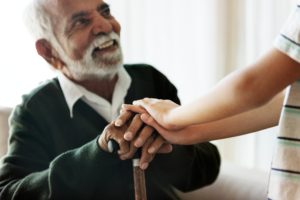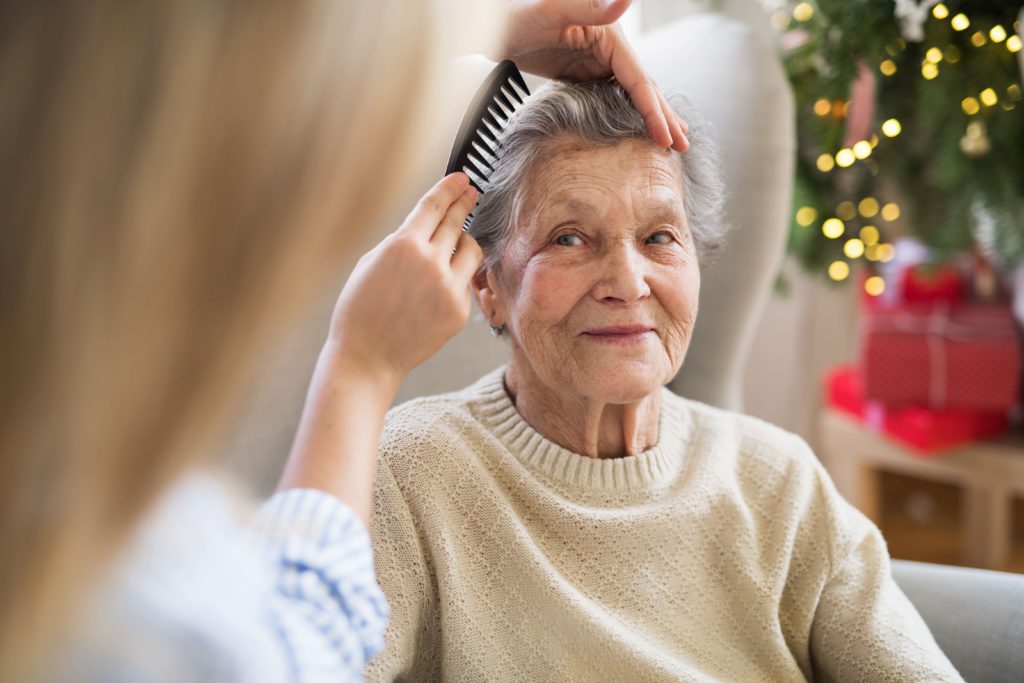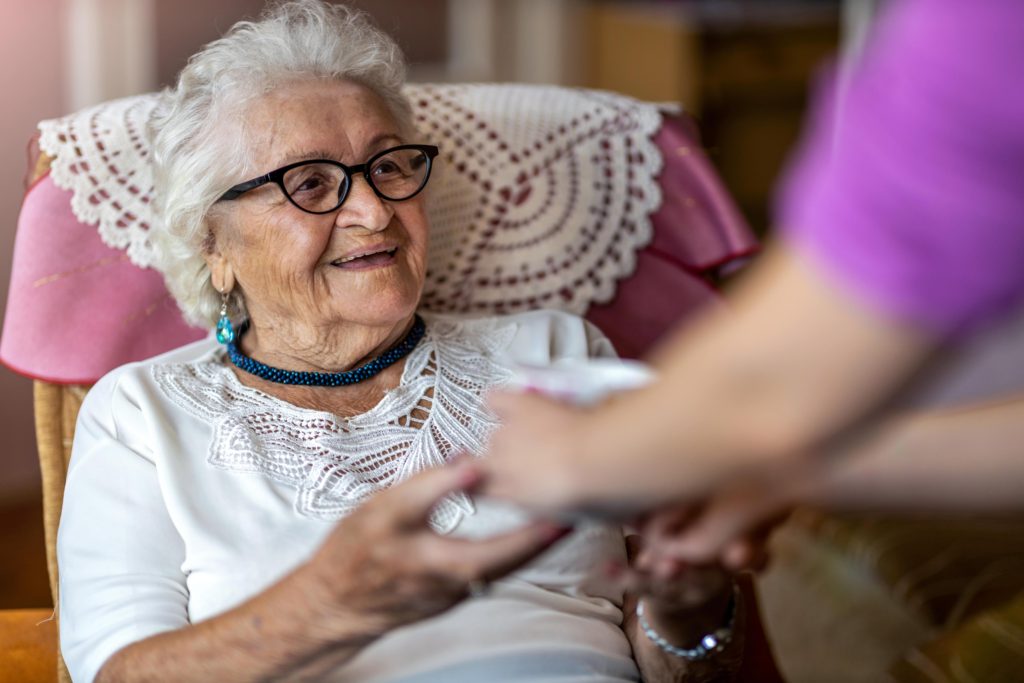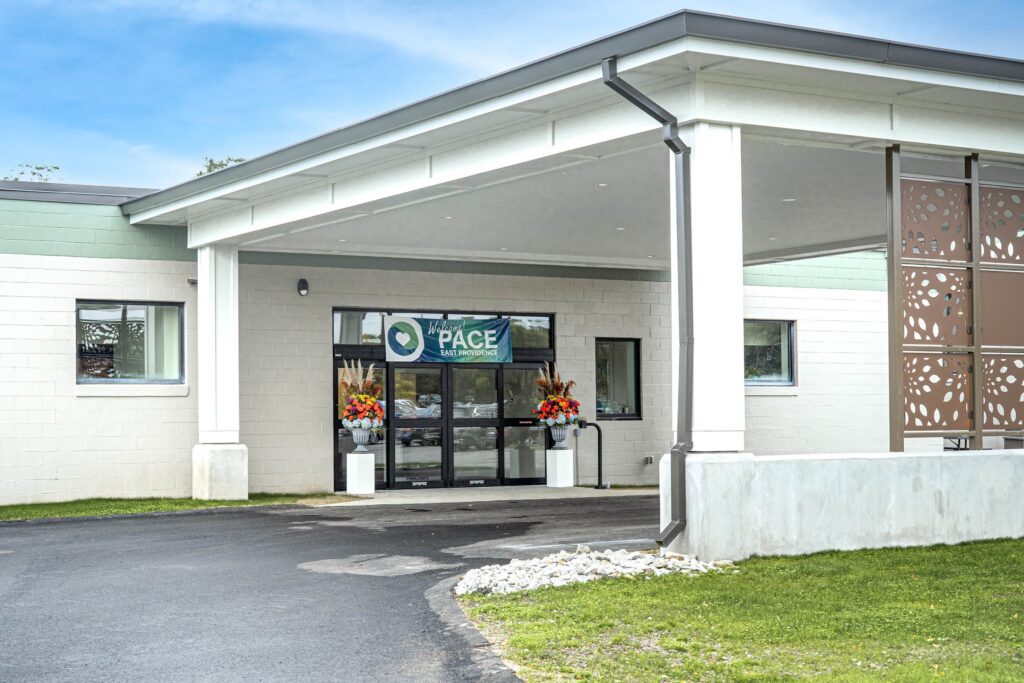What is a caregiver?
A caregiver can be defined in so many different ways. Generally, it is someone who offers emotional and physical support to a loved one. A caregiver can also weigh in on financial and medical decisions, help with balancing a checkbook or providing medication reminders. Maybe they help get you dressed, make meals, or tidy your house. Their chores and the level of support can vary, based on the needs of the person that they are helping.





